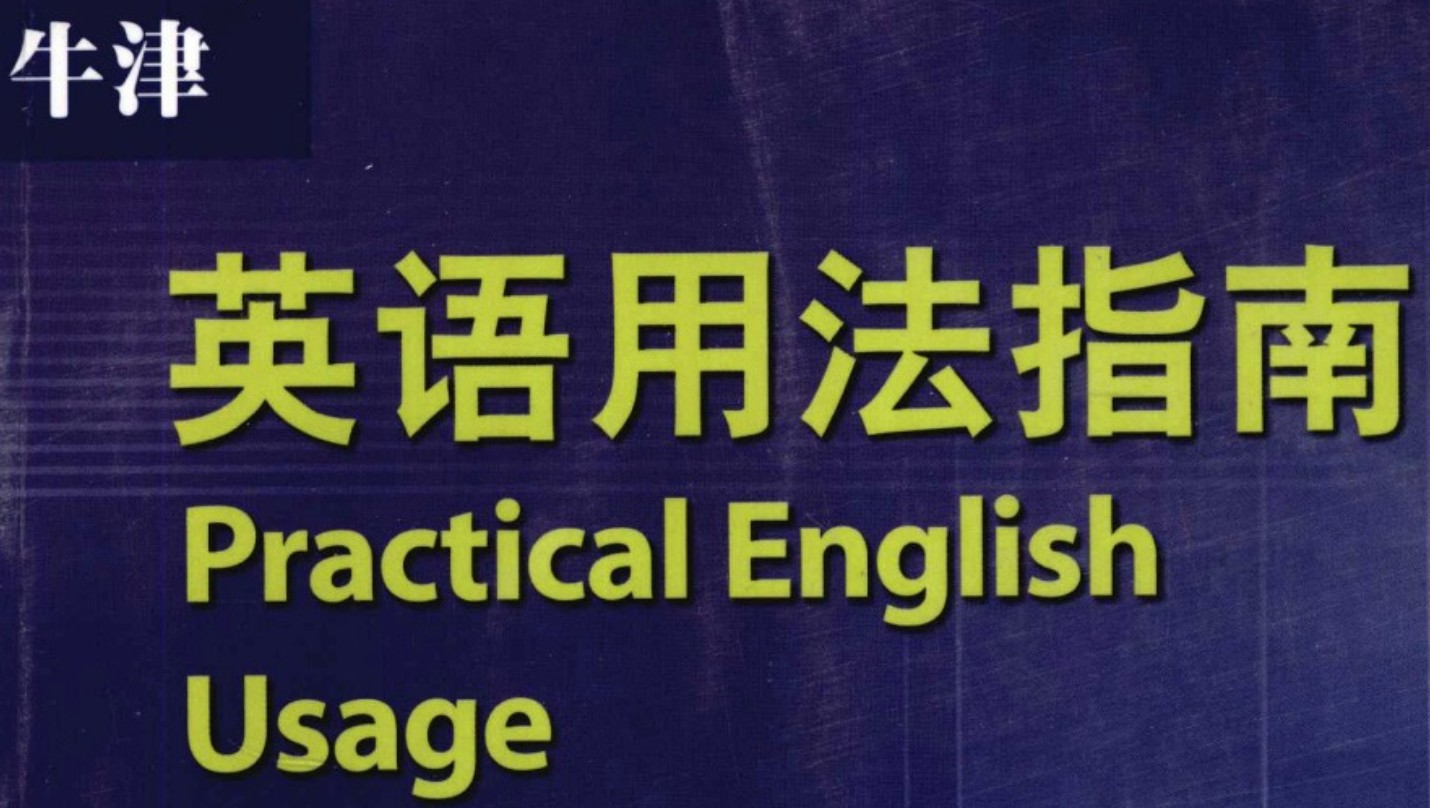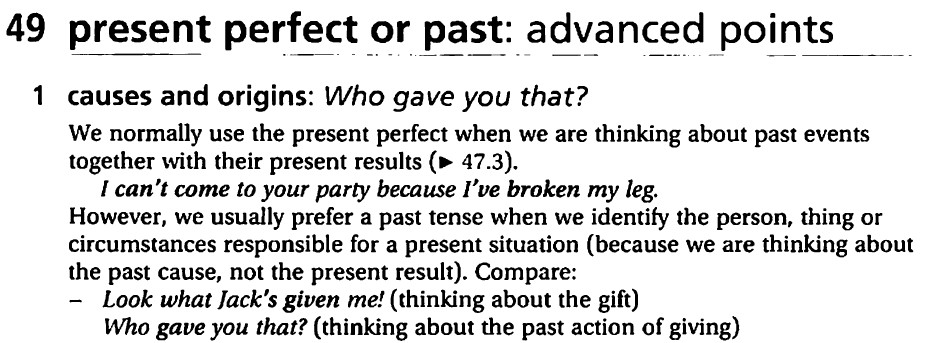根据《英语用法指南》,只能选 A。


感谢蒋老师的解答和曹老师的留言。我的理解有点不同,和大家分享一下,不一定对,欢迎大家指正。我认为应该选 C:AB两种形式均可,但A更常见
我也是看到了蒋老师提到的《牛津英语用法指南》的这个解释:


该书作者上面写道:在我们考虑过去的事件产生现在的结果时,we normally use the present perfect. However, we usually prefer a past tense when we identify... 作者用的usually prefer,我理解是多数情况下人们更喜欢用过去时。但现在完成时也不算错。
我也在图书语料库看到很多用现在完成时的句子,这里摘录几个:
1.

2.

3.

4. 
以上仅是我的肤浅理解,欢迎各位老师和网友讨论,提出不同分析和理解。谢谢!
真可气,经常写了半天,鼠标一抖,就剩俩字了。再简写一次:
这里用完成时是不合适的。原因很简单,这个单独的陈述句表明的事实和现在在时间上和结果或影响上没什么关系。现在完成时无非就是表示某一状态延续到现在或某一过去的动作造成的结果或影响仍在。或者某些经验或重复性动作(实质上还是时间上的联系)。
Swan的讲法很官方。还有,怎么理解他的解说,大家不能跳着看,选对眼缘的。他实际讲了两层意思,跟我们平时学的没两样。第一,我们在考虑过去的事件连同它们对现在的影响结果时,通常用现在完成时。I can't come to your party because I've broken my leg. 第二,但是,当我们在辨识确定一个人、一件事或一种状况是造成现状的原因时,我们通常用过去时(因为我们在考虑的是过去的原因而不是现在的结果)【注意这小节的标题 causes and origins Who gave you that ?就是解释造成完成时出现的现状的原因和根源】这里好老师好像把这两个条件混成一体了。至于所说的通常怎么理解,我认为是有些特殊的上下文,可能会用到完成时,但很不寻常和常见。而不是既然这么说,那反过来就一定可以。
针对本题,我引用《Advanced Grammar in Use》的解释:When we report that someone has recently invented, produced, discovered or written something we use the present perfect. When we talk about something that was invented, etc. in the more
distant past we use the past simple. Compare:
• Scientist have discovered that, all over the world, millions of frogs and toads are dying.
• It is often said that Hernan Cortes 'discovered' Mexico in 1519.
• Two schoolchildren have invented a device for moving large objects up flights of stairs.
• Chinese craftsmen invented both paper and printing.
至于好题老师的几个例句,前三个是正常的现在完成时用法,是中国人作为一个总体行进在历史的长河中,迄今为止,他们已经发明了。。。。。。,这个发明行为还将继续。所以发明的东西都是罗列,而问题例句是单个发明事件,不适合。但我认为特殊场景下也有可能会那么说,比如有个小孩子描述半天说,我要发明一种叫firework的漂亮东西,然后家长可能就会对他说这句话。
在引述补充一下:1) We use the present perfect when we talk about something that happened in a period of time up to
the present. We use the past simple to talk about something that happened at a particular, finished
time in the past. Compare:
• Science has made many major advances this century, and
• Scientists made some fundamental discoveries in the 18th century.
2) We can use either the present perfect or the past simple to talk about repeated actions or events. If
we use the present perfect, we often suggest that the action or event might happen again.
Sometimes we emphasise this with phrases such as so far and up to now (see Unit 5). If we use the
past simple, it suggests that it is finished and won't happen again. Compare:
•
Timson has made 13 films and I think her latest is the best, and
• Timson made 13 films before she was tragically killed in a car accident.
个人看法,静候拍砖!
 《高考英语备考1号·速效编》
《高考英语备考1号·速效编》
 《高考英语备考1号·写作编》
《高考英语备考1号·写作编》
 《高中英语晨读晚记》
《高中英语晨读晚记》
 《高中英语错题笔记》
《高中英语错题笔记》
 《零起点考大学英语》
《零起点考大学英语》
